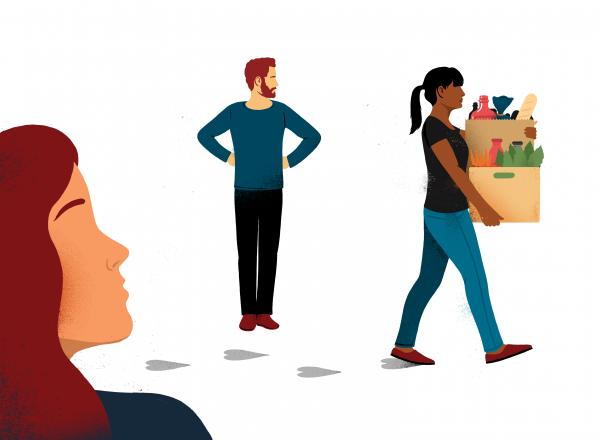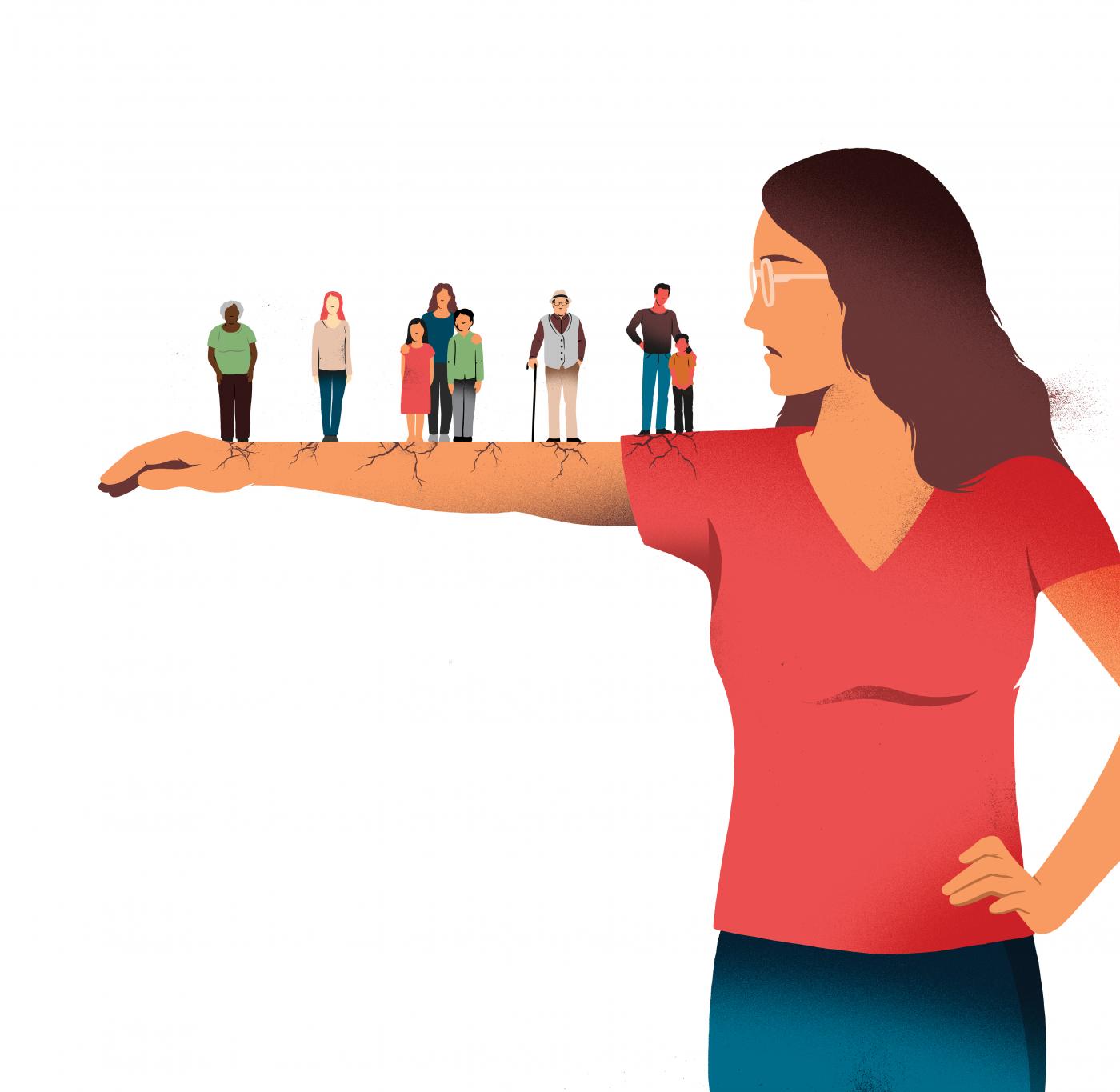The people who fill the truly essential roles in society are often in short supply
By Joe Queenan Illustrations by Sébastien Thibault
From time to time, societies run low on the things — and the people — they really need. We wake up one day and realize that there are too few doctors. Or far, far, far too few nurses. Or it suddenly dawns on us that there aren’t enough teachers, engineers, or plumbers to go around. There are certainly never enough guys who work well with sheetrock.
Other professionals we have in spades. There are always more than enough landscapers, baristas, actors, masseurs, personal trainers, hairdressers, IT guys, and chefs. Nor are we ever in any real danger of running out of hedge fund managers, ballerinas, real estate agents, claims adjusters, standup comics, bartenders, aspiring singer-songwriters, or car salesmen. But the people who fill the truly essential roles in society are often in short supply.
Something like this may already be happening with Good Samaritans. From time to time, societies run desperately low on the kinds of devoted, implacable altruists who are always ready to pitch in and make the world a better place.

• Read the rest of this story as it originally appeared in the December 2020 issue of Rotary magazine.

